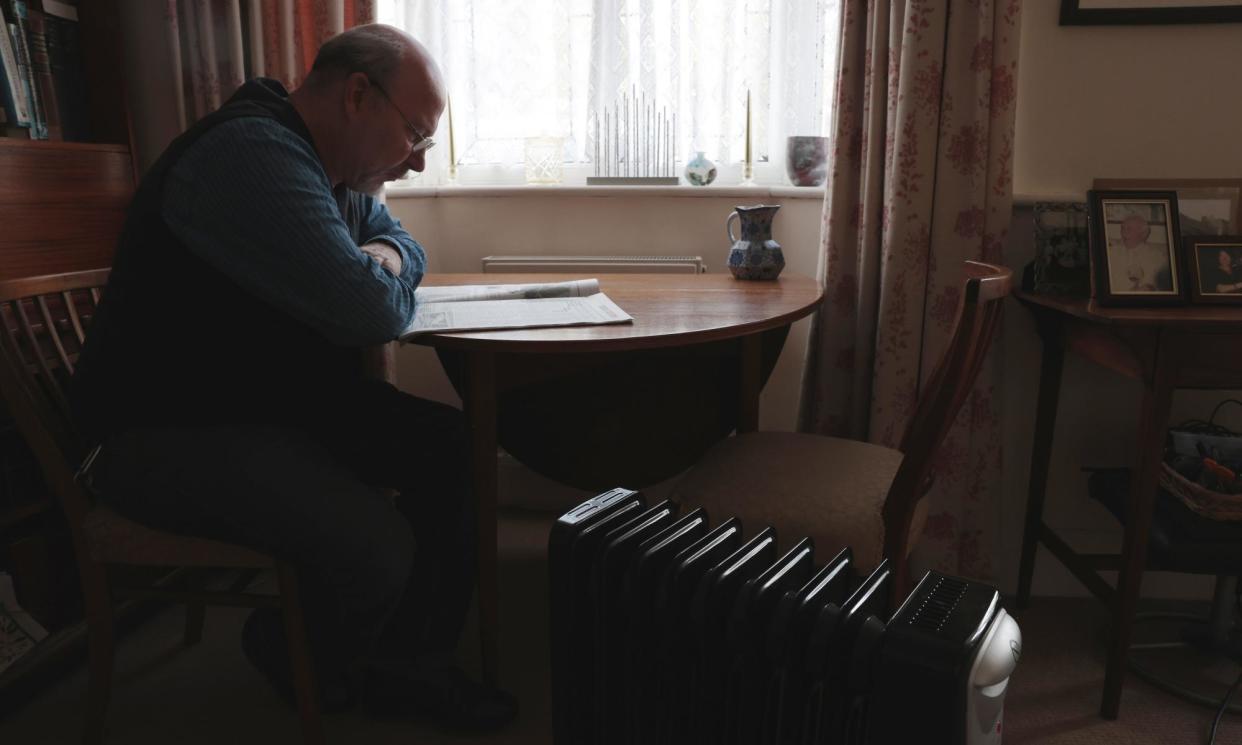We did not do impact assessment of winter fuel payment cut, No 10 admits

Ministers did not carry out a specific impact assessment on the withdrawal of the winter fuel payment from the bulk of pensioners, such as the potential effect on illness and death rates among older people, Downing Street has said.
After days of No 10 refusing to comment, Keir Starmer’s deputy spokesperson said the only assessment made before the policy announcement was a standard legal one of potential equalities impacts.
Asked to confirm that there had been no wider assessment to try to establish how many affected pensioners may face health vulnerabilities, and could thus be at risk, she said: “That’s right.”
The spokesperson said the focus was instead on encouraging eligible pensioners to seek help.
Speaking later to reporters en route to Washington, Starmer confirmed this. Asked if an impact assessment had been done, he replied: “There isn’t a report on my desk.” The effects of the policy would, he added, be “mitigated” by other policies such as encouraging more eligible pensioners to claim the payment.
The admission risks reigniting a row over the decision, announced in July, to remove the previously universal annual payment of £200 or £300, depending on age, from all but the poorest pensioners – those who receive income-linked benefits such as pension credit.
Ministers have launched a campaign to encourage all eligible pensioners to claim pension credit, and thus also still receive the winter fuel allowance.
A Commons vote on the policy on Tuesday, forced by the Conservatives, saw one Labour MP rebel and 52 abstain, although Downing Street said most of that group had permission to miss the vote.
The Tories had been pushing for the publication of an impact assessment, to which Downing Street merely said that it would not carry out a “running commentary” on policy decisions.
But speaking to BBC One’s Breakfast programme on Thursday, Wes Streeting, the health secretary, said no assessment had been done. Asked whether a report on the potential health impact of the policy was on his desk, he replied: “There’s no such report, and there’s no such report on my desk.”
Instead he said Rachel Reeves, the chancellor, “will publish in the normal way the impact assessment for all of her fiscal decisions at the budget and the spending review”.
Asked about Streeting’s comments, the No 10 spokesperson said government departments were not obliged under law to carry out specific impact assessments of policies that cost less than £10m to implement.
While the fiscal impact of the policy is much greater – Reeves has said it will save up to £1.5bn from what she has described as an unexpected £22bn deficit inherited by the government – the rules only relate to government spending.
The spokesperson said: “Separately to that, ministers have a legal duty to consider the equalities implications of any policy development that happens to assess the proportion of protected characteristics, such as age and gender, [of those] who claim winter fuel payments.
“That exercise is part of routine advice that ministers consider as part of their policy development, and that happened in the usual way.”
Asked on BBC One why no separate impact assessment had been undertaken, Streeting slightly dodged the question, saying that with a likely rise to the full state pension that is higher than the winter fuel payment, pensioners would not suffer.
Asked why there had not been an assessment, he said: “Because pensioners will still be better off this winter, even after the changes to the winter fuel allowance.”
At prime minister’s questions on Wednesday, Rishi Sunak urged Starmer to publish the impact assessment for the policy, but the prime minister avoided the question.
At business questions on Thursday, Chris Philp, the shadow leader of the Commons, said this pointed to a lack of transparency.
“The only impact assessment we’ve seen is the Labour party’s own impact assessment suggesting the policy would cause 3,850 deaths,” he said.
Labour research from 2017 claimed Tory plans to scrap the winter fuel payment for better-off pensioners could lead to almost 4,000 additional deaths over winter.


